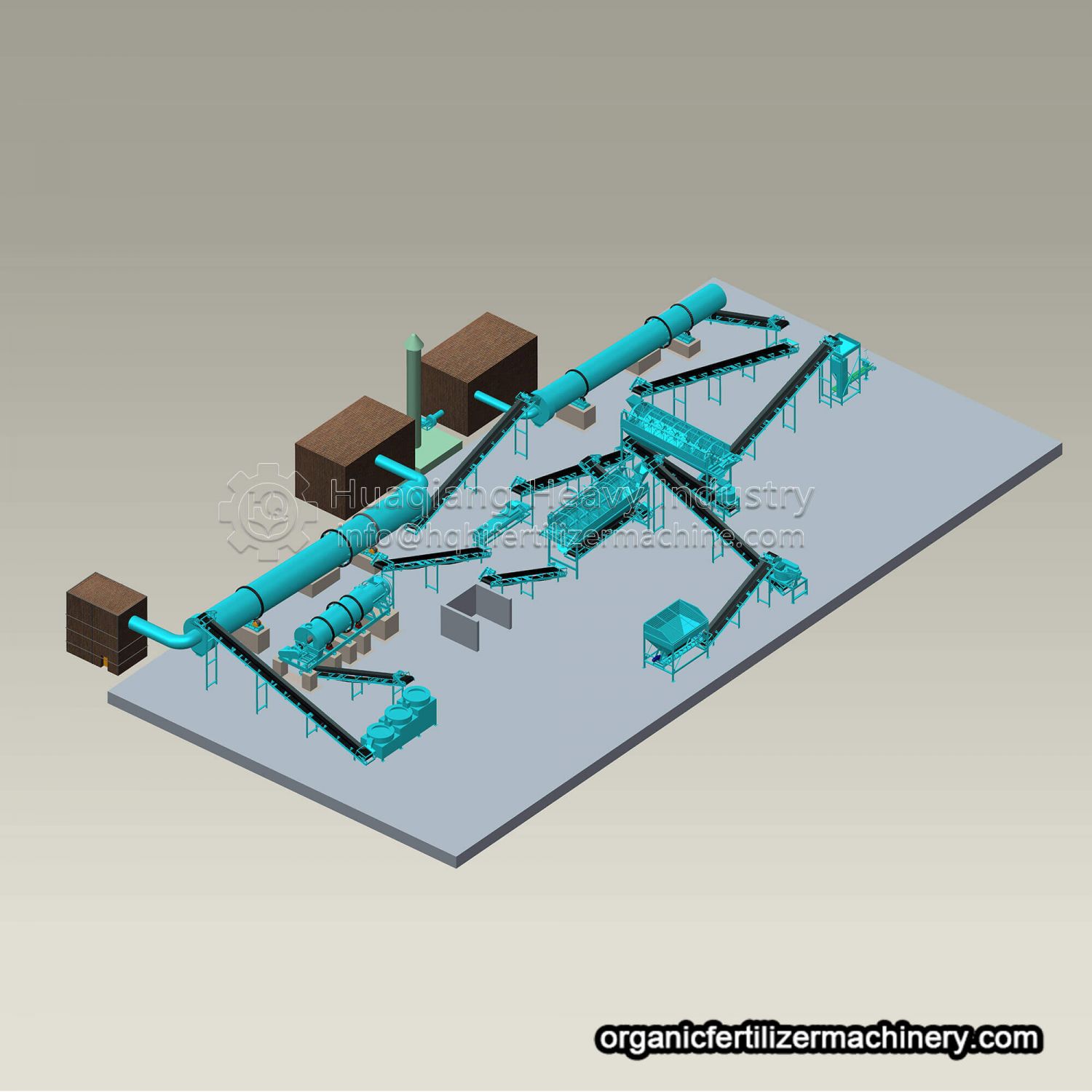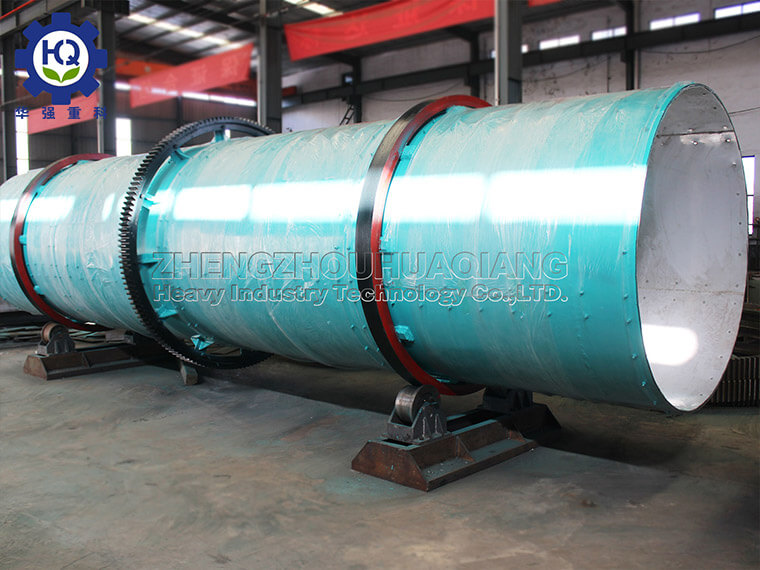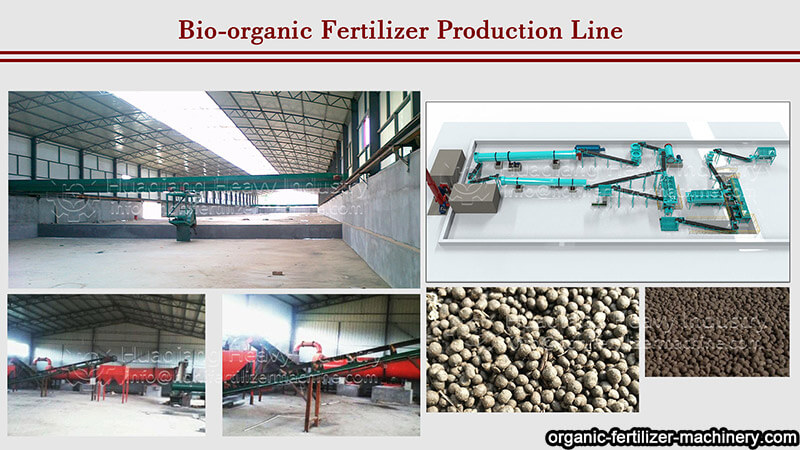Application scope of straw crusher
Straw crusher is mainly used for crushing raw materials in fertilizer production process and feed industry. It is also suitable for crushing various coarse and fine raw materials with starch factories, pig farms, chicken farms and feed factories. It can crush dried potato, corn, bean cake, sorghum, soybean, shellfish and stem. Straw crusher is an ideal raw material crushing equipment for fermentation, feed, starch, food and chemical processing industries.
Application requirements of straw crusher
1. It is strictly forbidden to put your hand into the feeding port of the straw crusher and feed with force. It is strictly forbidden to use wooden sticks to help feed, so as to prevent personal injury and machine damage.
2. When working, the operator should stand on the side of the straw crusher to prevent the hard objects from ejecting from the feeding port and hurting people.
3. Do not increase the spindle speed at will during operation to prevent damage to the machine during high-speed suspension and cause unnecessary losses.
4. It is found that the straw crusher is operating abnormally or there is abnormal noise during work. It should be shut down immediately and cut off the power supply. After the standby device is completely stopped, open the cover for inspection. It is strictly forbidden to check when the machine is rotating, find out the cause, and work after troubleshooting.
5. Staff with long hair must wear work caps when operating; operators are not allowed to work after drinking.
6. The straw pulverizer is suitable for the treatment of raw materials before fermentation in the fertilizer manufacturing process. During the working process of the straw pulverizer, the operator shall not leave the work post, and must shut down and cut off the power when it is urgent to leave.
7. During the working process of the straw pulverizer, due to the very high speed, you must pay attention to the operating status of the straw crusher. If the body is not tightly closed, dust will be blown into the air, causing pollution to the working environment, and sometimes If it causes wear and tear on the fan, if it is serious, the impeller will fall off. If it is not repaired in time, the fan may be scrapped. Therefore, before the formal work, the blower device of the straw crusher must undergo a dynamic balance experiment.




.jpg)



